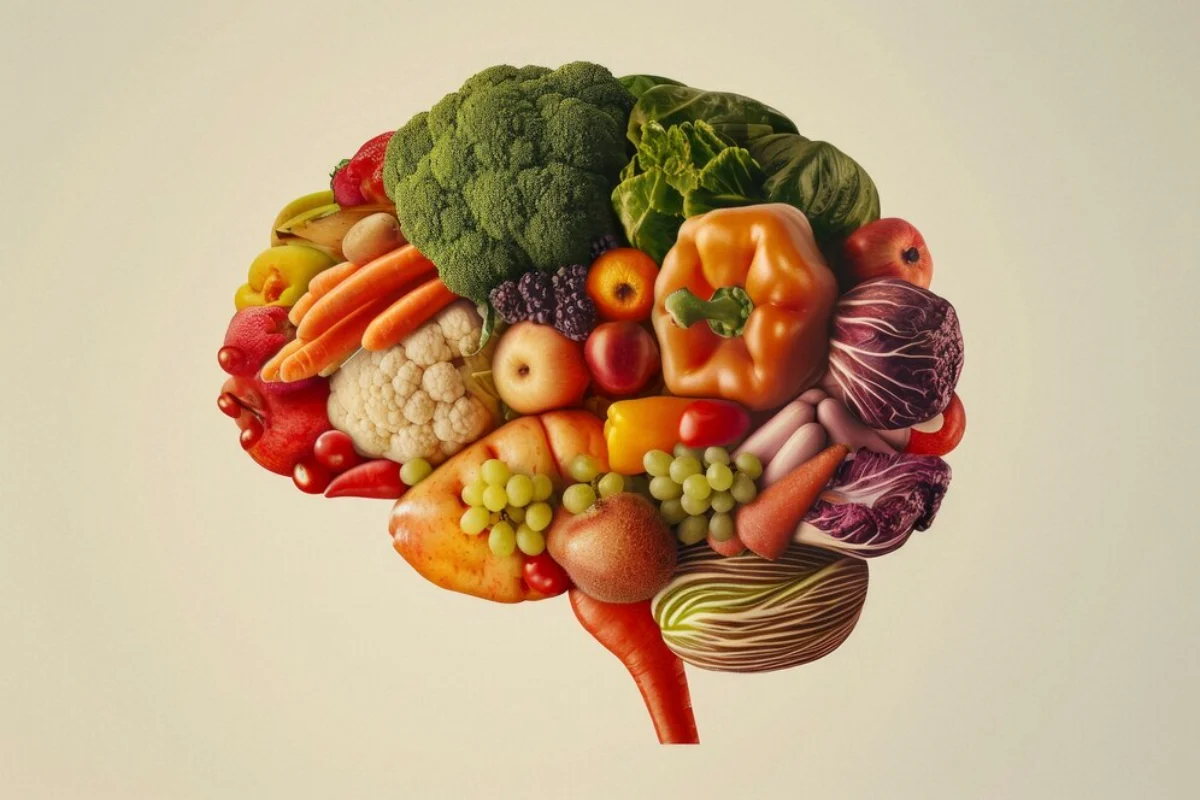
The Science Behind Emotional Eating and How to Stop It
We have all done it — reaching for ice cream after a difficult day or chips when bored or anxious. This is emotional eating, in which emotions, rather than physical hunger, dictate our food decisions.
It is okay to indulge in comfort food occasionally, but emotional eating can be repetitive. It can cause a lot of overeating, weight gain, guilt and unhealthy eating patterns. The science behind emotional eating and how to control it can help you have a healthier relationship with food.
In this guide, we’ll explore emotional eating solutions, the underlying psychological and biological reasons for food cravings, and tips to overcome stress eating.
Begin with baby steps—adopt mindful eating practices, write a food diary, and discover

What is Emotional Eating?
Emotional eating means eating in response to emotions instead of hunger. It often involves craving comfort foods high in sugar, fat, and salt, which trigger pleasure in the brain.
Signs of Emotional Eating:
- Eating due to stress, sadness, boredom, or anxiety.
- Craving specific foods (like sweets or fast food) rather than feeling general hunger.
- Feeling guilty or regretful after eating.
- Eating mindlessly without noticing how much you’ve consumed.
- Eating when you’re already full.
Emotional eating is a coping mechanism, but it usually offers only short-term relief. This can lead to negative feelings and a cycle of unhealthy eating.

The Science Behind Emotional Eating
1. The Role of the Brain in Food Cravings
Emotional eating is closely tied to the brain’s reward system. Eating highly palatable foods releases dopamine, which brings pleasure and satisfaction.
- Stress raises cortisol, a hormone that increases cravings for high-calorie foods.
- Sugary and fatty foods boost dopamine, making you want more.
- A habit loop develops: emotional distress leads to eating, which brings temporary relief, then repeats.
2. The Connection Between Emotions and Eating Habits
Research shows that emotions significantly affect eating behaviours.
- Stress eating: Under stress, cortisol spikes appetite.
- Boredom eating: Eating out of boredom or to avoid negative feelings.
- Anxiety-related eating: Using food as comfort or distraction.
- Happiness eating: Celebrating with food, often indulging in treats.
3. Gut-Brain Connection and Emotional Eating
The gut microbiome is key to mood regulation. An imbalance in gut bacteria can lead to mood disorders like anxiety and depression, which may cause emotional eating.
Eating nutrient-rich foods, like fermented foods, fibre, and omega-3 fatty acids, can enhance gut health and reduce cravings.

How to Control Emotional Eating
1. Identify Emotional Triggers
The first step to stop emotional eating is to spot what triggers it.
- Keep a food diary – Note what you eat, when, and your feelings.
- Identify patterns – Do you eat more when stressed, lonely, or tired?
- Differentiate hunger from emotions – Ask if you’re hungry or just seeking comfort.
2. Find Alternative Coping Strategies
Instead of food, try healthier ways to cope with feelings:
- Exercise – Releases endorphins and lowers stress.
- Meditation and deep breathing – Helps manage anxiety and cravings.
- Engaging in hobbies – Distracts from urges to eat.
- Journaling – Writing can ease emotional burdens.
3. Practise Mindful Eating
Mindful eating helps you be aware of your food choices and emotions.
- Eat slowly and without distractions – Focus on taste, texture, and fullness.
- Use a hunger scale. Before eating, Rate your hunger from 1 (starving) to 10 (overstuffed).
- Pause before eating – Ask yourself, “Am I truly hungry or just eating for emotional reasons?”
4. Build a Balanced Diet to Reduce Cravings
Healthy foods can stabilise blood sugar and cut cravings.
- Protein-rich foods (chicken, tofu, lentils) keep you full.
- Healthy fats (avocados, nuts, olive oil) promote satiety.
- Fibre (vegetables, whole grains, legumes) helps digestion and hunger levels.
- Stay hydrated – Sometimes, thirst feels like hunger.
5. Plan Meals and Snacks Mindfully
Planning healthy meals can stop impulsive, emotional eating.
- Prepare meals ahead to avoid last-minute junk food.
- Keep healthy snacks like nuts, fruit, or yoghurt handy.
- Don’t keep trigger foods at home to reduce temptation.
6. Get Enough Sleep and Manage Stress
Lack of sleep and high stress can lead to emotional eating.
- Aim for 7-9 hours of sleep per night to regulate hunger hormones.
- Practice stress management techniques like yoga, reading, or socialising.
FAQs About Emotional Eating
1. Is emotional eating the same as binge eating?
No. Feelings drive emotional eating but don’t always involve large amounts. Binge eating disorder (BED) is a clinical condition with repeated episodes of overeating.
2. Can emotional eating be stopped altogether?
Emotional eating can be managed but not permanently eliminated. The goal is to build healthier coping strategies and a balanced relationship with food.
3. How long does it take to break the habit?
It varies, but consistently practising mindful eating, stress management, and emotional awareness can lead to improvements in a few weeks.
4. Are some foods more addictive than others?
Yes. Sugary, processed, and high-fat foods trigger stronger dopamine responses, making them more addictive than whole foods like fruits and vegetables.
5. When should I seek professional help?
If emotional eating causes severe guilt, anxiety, or weight-related health issues, consider consulting a nutritionist, therapist, or eating disorder specialist.
How to Cope with Emotional Eating: Normalise it!
Emotional eating is a normal reaction to stress, boredom and other emotions, though it doesn’t have to run your life. You can regain control of your eating habits by understanding the science of emotional eating, identifying the triggers that lead to emotional eating and developing healthier coping strategies.
Begin with baby steps—adopt mindful eating practises, write a food diary, and discover alternative ways to manage emotions. Over time, these steps will help you build a healthier relationship with food.
Have you ever had struggles with Emotional Eating? No Need to Suffer alone. Tell us your hardships in the comments below! And leave some stress-eating tips for our fellow readers.


